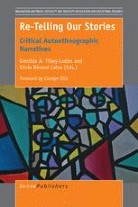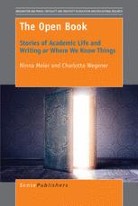
About this book series
Current educational reform rhetoric around the globe repeatedly invokes the language of 21st century learning and innovative thinking while contrarily re-enforcing, through government policy, high stakes testing and international competition, standardization of education that is exceedingly reminiscent of 19th century Taylorism and scientific management. Yet, as the steam engines of educational “progress” continue down an increasingly narrow, linear, and unified track, it is becoming increasingly apparent that the students in our classrooms are inheriting real world problems of economic instability, ecological damage, social inequality, and human suffering. If young people are to address these social problems, they will need to activate complex, interconnected, empathetic and multiple ways of thinking about the ways in which peoples of the world are interconnected as a global community in the living ecosystem of the world. Seeing the world as simultaneously local, global, political, economic, ecological, cultural and interconnected is far removed from the Enlightenment’s objectivist and mechanistic legacy that presently saturates the status quo of contemporary schooling. If we are to derail this positivist educational train and teach our students to see and be in the world differently, the educational community needs a serious dose of imagination. The goal of this book series is to assist students, practitioners, leaders, and researchers in looking beyond what they take for granted, questioning the normal, and amplifying our multiplicities of knowing, seeing, being and feeling to, ultimately, envision and create possibilities for positive social and educational change. The books featured in this series will explore ways of seeing, knowing, being, and learning that are frequently excluded in this global climate of standardized practices in the field of education. In particular, they will illuminate the ways in which imagination permeates every aspect of life and helps develop personal and political awareness. Featured works will be written in forms that range from academic to artistic, including original research in traditional scholarly format that addresses unconventional topics (e.g., play, gaming, ecopedagogy, aesthetics), as well as works that approach traditional and unconventional topics in unconventional formats (e.g., graphic novels, fiction, narrative forms, and multi-genre texts). Inspired by the work of Maxine Greene, this series will showcase works that “break through the limits of the conventional” and provoke readers to continue arousing themselves and their students to “begin again” (Greene, 1995, p. 109).
All Sense series are now published with Brill | Sense and details can be found at https://brill.com/page/sense
Discontinued series: although this series no longer publishes new content, the published titles listed here remain available.
Book titles in this series
-

-
Becoming-Teacher
A Rhizomatic Look at First-Year Teaching
- Authors:
-
- Kathryn J. Strom
- Adrian D. Martin
- Copyright: 2017
Available Renditions
- eBook
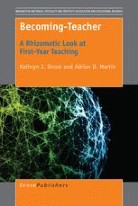
-
Spinning Popular Culture as Public Pedagogy
Critical Reflections and Transformative Possibilities
- Editors:
-
- Jon Austin
- Copyright: 2017
Available Renditions
- eBook
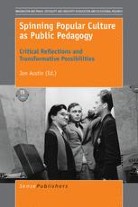
-
How Higher Education Feels
Commentaries on Poems That Illuminate Emotions in Learning and Teaching
- Authors:
-
- Kathleen M. Quinlan
- Copyright: 2016
Available Renditions
- eBook
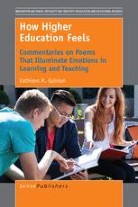
-
Re-Telling Our Stories
Critical Autoethnographic Narratives
- Editors:
-
- Gresilda A Tilley-Lubbs
- Silvia Bénard Calva
- Copyright: 2016
Available Renditions
- eBook
